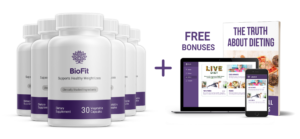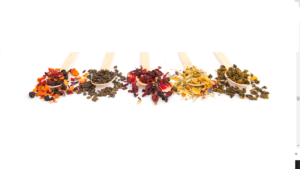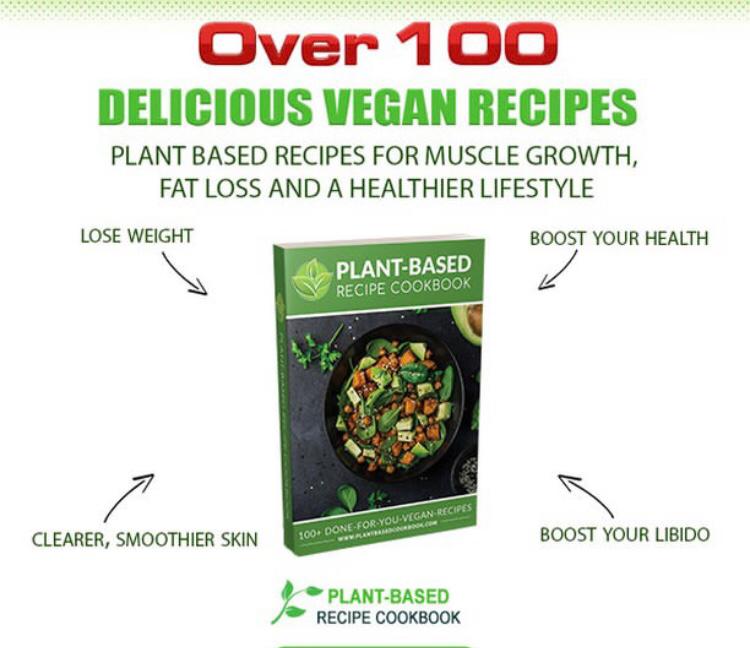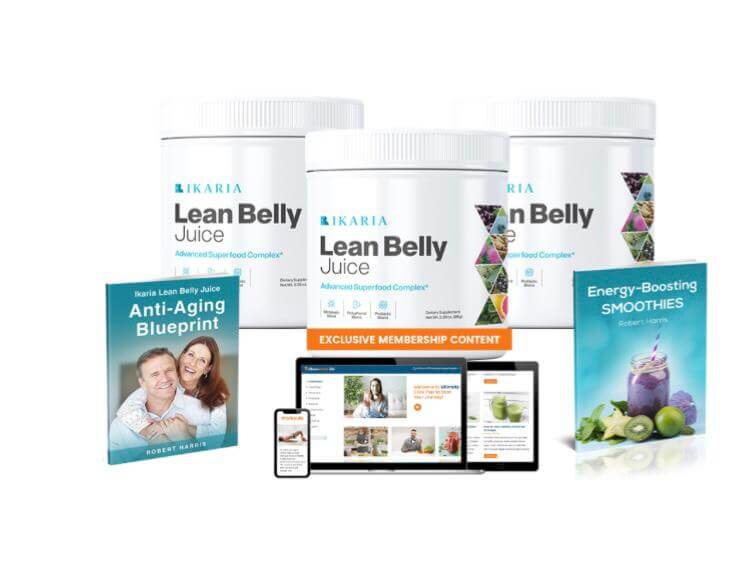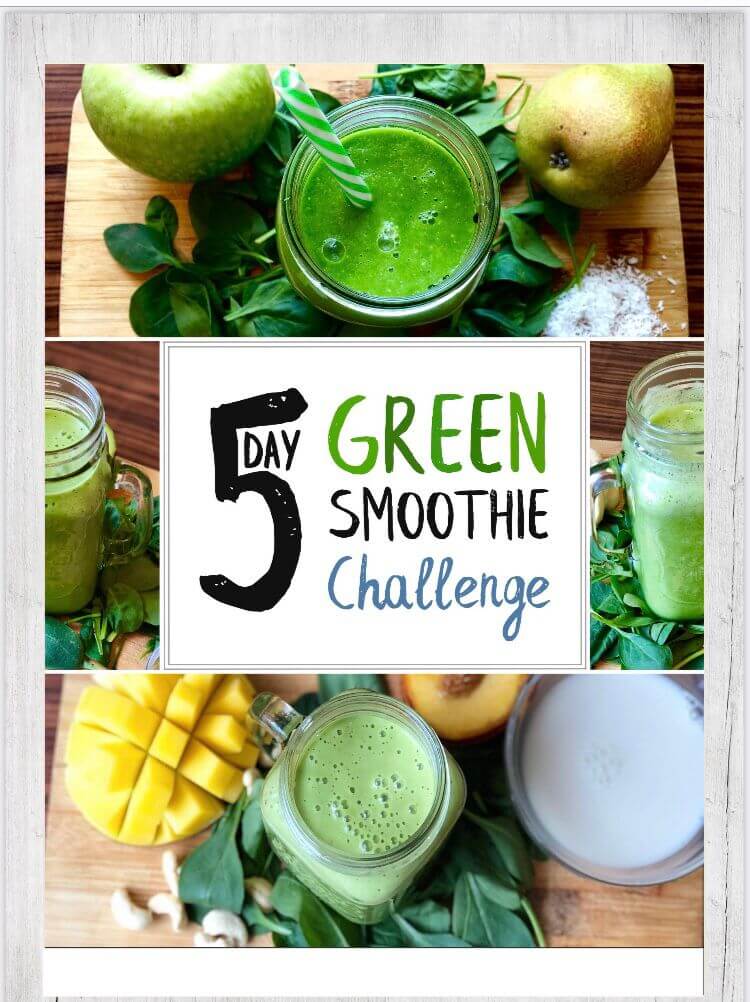benefits and risks:
– Colon cleansing, also known as colonic irrigation or colon hydrotherapy, involves washing the colon with fluids to remove waste, and the benefits are based on the premise that digestive waste can be poisonous to the body.
Why should the colon be cleaned?
– Colon irrigation does not sound pleasant, but practitioners claim that it can provide many health benefits, such as improved digestion and weight loss.
– However, colon cleansing does not come without risks like most lifestyle practices, it must be approached carefully with adequate knowledge of the potential risks.
Colon cleansing benefits:
– There are many benefits to colon cleansing, including:
1-Detoxing the digestive system.
2-It can lead to weight loss.
3-improve digestion.
4-energy boost.
5-Reducing IBS symptoms. A small pilot study noted improvement in the digestive system after colon irrigation in patients with Irritable Bowel Syndrome.
- Note: Colon cleansing should be treated with caution, as it can damage the colon.
Colon cleansing risks
– The risks of cleaning the colon are many, especially if it is not done correctly, and we mention them:
1- dehydration:
– While some of the weight loss associated with colon cleansing is due to the removal of waste, it is also caused by the removal of fluid, dehydration can lead to kidney failure in extreme cases.
2- Malfunction of the electrolyte:
– Any imbalance in the solution, as for cleansing the colon can upset the balance of electrolytes such as potassium and sodium in the body.
– These chemicals carry electrical signals through the cells, and the imbalance can lead to unconsciousness as well as kidney damage.
3- Bacteria imbalance and infection:
– Colon cleaning can invite unhealthy bacteria into the lower digestive tract with tools and fluids used, and it also removes healthy bacteria that can fight infection.
4- Intestinal perforation:
– Bowel perforation occurs when tears occur in the wall of the lower intestine. Although symptoms begin with fever, pain, chills, and nausea, they can develop and may be fatal.
Safe colon cleansing tips:
– Colon cleansing is a popular alternative treatment that some people claim removes waste and toxins from the colon, however, there is little scientific evidence to support the use of colon cleansing procedures, except for those prescribed by doctors.
– Most of what researchers know about safe colon cleansing comes from studies aimed at finding ways to improve the colonoscopy procedure.
– Most colon cleansing products are supposed to help detoxify the colon or remove harmful substances, such as mucus and dry stool. Some people also use colon cleanses to help relieve constipation.
according to a report by Medical News Today:
-
Water:
– One of the easiest and safest ways to naturally clean the colon is using water. Water moisturizes the stool and gives it an elastic mass, making it easier to pass through the colon.
– People who are dehydrated will have fewer bowel movements because their bodies are trying to hold on to water, and the water will reabsorb the water from the intestines, causing stool to become dry and difficult to pass.
– The body’s daily water needs vary, but it is important to drink plenty of water throughout the day.
– Other drinks, including caffeinated drinks, contribute to a person’s daily water intake, but plain water is the best option because it doesn’t contain any calories.
– In a 2013 study, researchers in Jordan found that drinking more than four glasses of water per day reduced the risk of colorectal cancer, but the results were not statistically significant.
– The same study identified constipation as a significant risk factor for colorectal cancer, so drinking at least eight glasses of water a day can help prevent constipation and provide many other health benefits.
-
Fruit and vegetable juice:
– Raw fruit and vegetable juices contain many elements that may aid in colon cleansing, including fiber, phytochemicals (beneficial plant chemicals), and natural sugars that act as laxatives, such as sorbitol and fructose.
– Proponents of the juice cleanse recommend apple, prune, pear, banana, kiwi, grape, and lemon juices.
– Some colon cleansing plans recommend consuming only liquids for a few days at a time to help cleanse the colon and digestive system.
– Irritable Bowel Syndrome.
– Stay away from it… 10 foods that cause severe colon pain.
– Most health authorities recommend avoiding juice cleanses, as raw fruit juices can contain solid compounds that affect the kidneys and liver.
– These juices, without any treatment to kill harmful bacteria and viruses, can also cause fatigue and may pose significant risks for those with medical conditions, such as people with diabetes.
– So it is best to have fruit and vegetable juices in the form of smoothies to keep all the fiber, water, and nutrients intact.
-
Fiber:
– Fiber adds bulk to stool, which reduces the time you spend in the colon and increases the number of bowel movements a person has.
– Many natural, whole foods are rich in fiber, including nuts, beans, seeds, berries, and whole grains.
– People who find it difficult to get enough fiber through their diet can try taking a fiber supplement.
-
Fermented foods:
– Fermented foods often contain high levels of probiotics, which are beneficial bacteria that contribute to gut health.
– These bacteria help the intestines to pass stool from the colon regularly and reduce the risk of gas, bloating, constipation and infection.
– Common fermented foods that contain probiotics include milk, yogurt, apple cider vinegar, sauerkraut, pickles, beer and apple juice, and some types of cheese.
– Research suggests that probiotics may help prevent and possibly treat colon cancer, but researchers agree that more studies are needed to understand these effects.
-
Resistant starches:
– Some foods contain resistant starches, which are types of sugar that are difficult for the body to break down. These starches remain mostly undigested and become bulky in the stool.
– The greater the volume in the stool, the faster the bowel will be stimulated and may help cleanse the colon.
– Foods rich in resistant starches include potatoes, sweet potatoes, sugar cane, sweet corn, green bananas, rice, and pasta.
– Unlike other starches, resistant starches produce compounds that research shows may help prevent colon cancer, improve macronutrient regulation, alter hormone levels, which may improve mental and physical health, and prevent or control diabetes.
-
Lemon juice:
– Regular intake of lemon juice can have a positive effect on digestive health, with the greatest benefit being when drunk on an empty stomach, allowing the compounds in lemons to interact more easily with the intestinal mucosa.
– Irritable Bowel Syndrome.
– Tips to help you cope with the annoying symptoms of Irritable Bowel Syndrome.
– Lemon juice is very high in vitamin C, so it may be an effective colon cleanser.
Possible benefits and risks:
– People who support colon cleansing claim that they can improve energy levels, although there is no scientific evidence to prove this.
– There are currently no proven benefits of colon cleansing, natural or otherwise, however, people who promote colon cleansing claim that it offers the body significant health benefits.


